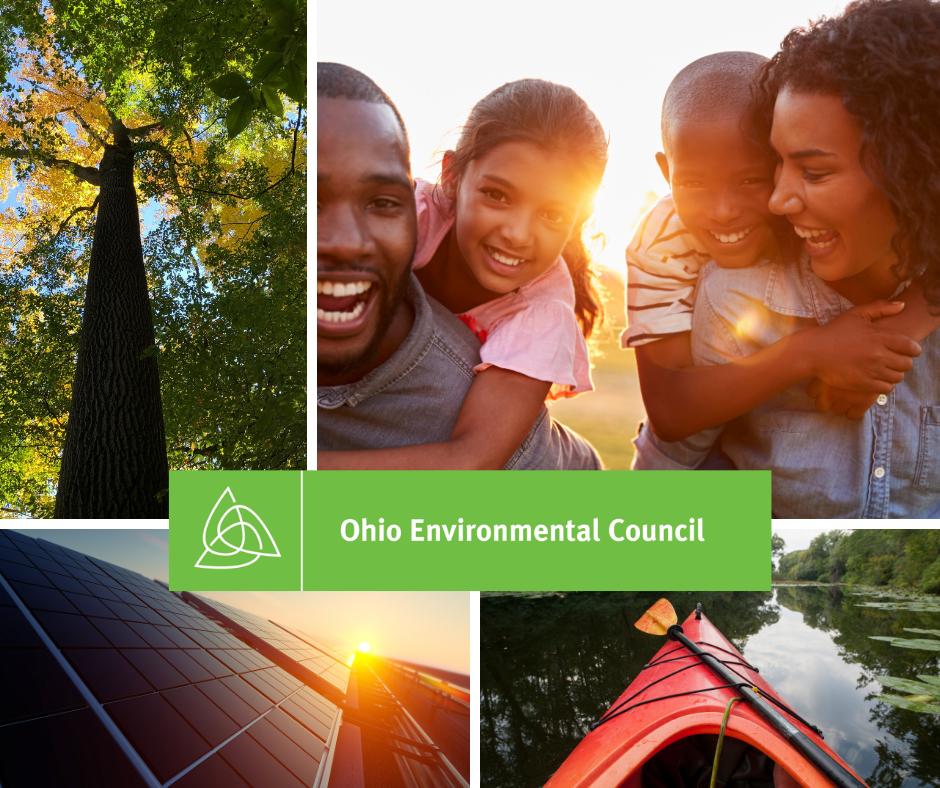Ohio Public Interest Environmental Law Conference
Ohio Public Interest Environmental Law Conference
On September 19, please join the Ohio Environmental Council and the Environmental Professionals Network for the 2024 Ohio Public Interest Environmental Law Conference. This joint event features a breakfast session starting at 7:15 AM followed by an all-day conference from 9:30 AM to 3:30 PM. The 2024 Conference will focus on legal issues connected with “Protecting the Spaces and Places of Ohio’s Environment,” promising engaging conversations throughout the day.

